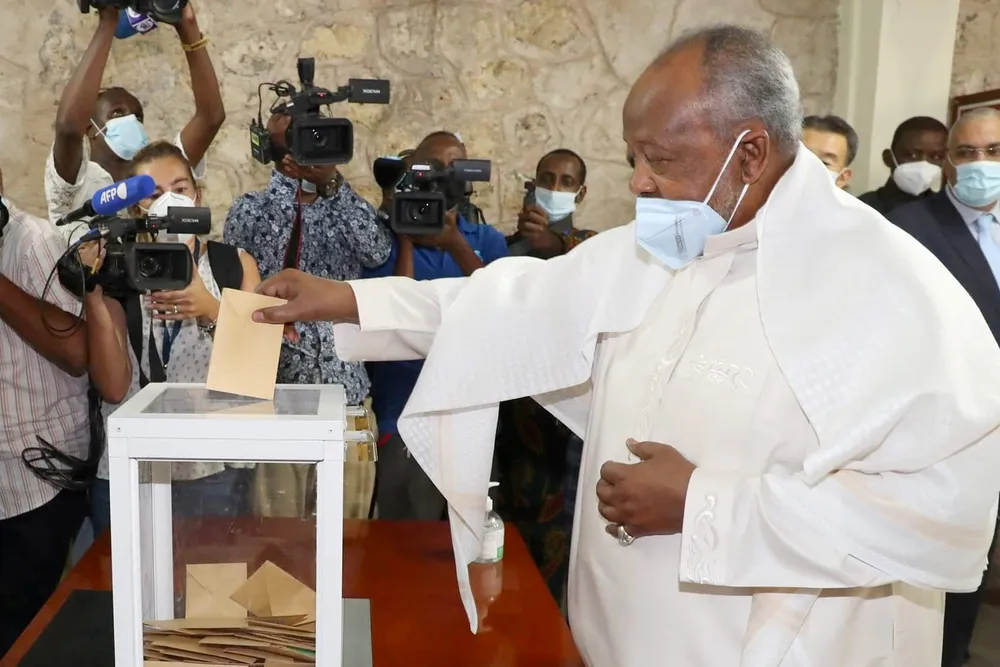Potential LNG hub Djibouti re-elects Guelleh in poll slammed as ‘farce’ by opposition
Long-time leader easily seals fifth term but head of main opposition tells Upstream process was ‘not fair and free’

Long-time leader easily seals fifth term but head of main opposition tells Upstream process was ‘not fair and free’
